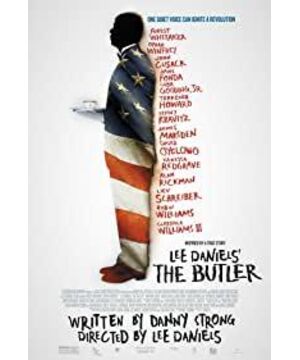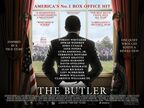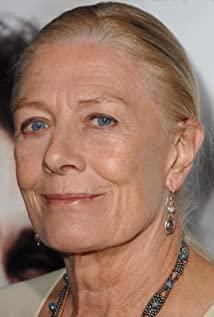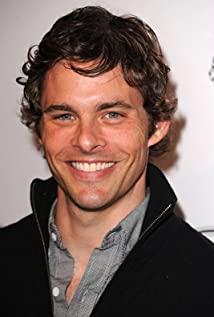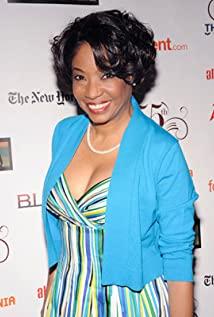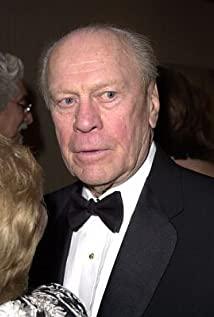With the two major features of countless star faces and the main theme of chronicle history, "The White House Butler" not only satisfies domestic audiences about what Americans can make of "So-and-so" Such peculiar curiosity also makes up for the regret that American audiences could not watch it. Of course, most importantly, this American-style "The Great Cause of Civil Rights" provides a very constructive and forward-looking model for the return of the third part of "The Great Cause of So-and-So".
Different from the simple and rude trailer-style editing and single and only time clue of "The Founding of the Kingdom/Party Great Cause", "The Butler" indeed reflects the high standards of the film power and the local characteristics in the direction of the director - to transmit the changes of the big times from the perspective of small people The typical technique of the film, the character and emotional development are combined with the main time as the supplementary clue, which improves the integrity of the film and at the same time gives the audience a deeper sense of substitution. At the end of the film, the audience applauded spontaneously, and not to mention other aspects, just in terms of patriotic education and emotional incitement, it completely won the two domestic films.
Of course, similar to the "Great Cause" series, the easy side effect of this huge ambition to shoot epic subjects is that they get together and have no focus. In fact, the story itself, through the comparison and mutual influence of father and son on civil rights issues, reflects the background of the civil rights movement, and can construct a very good angle, even the United States that is comparable to "Forrest Gump". A modern civil rights epic. However, the director lost his direction between the protagonist's personal emotional whirlpool and the torrent of historical development. The excessive rendering of the wife line seems to highlight the protagonist's balance between work and family, so the story line of the two sons seems to add more There are many family conflicts, so the whole film becomes a splicing of personal biographies and historical epics. In the end, the director himself has no main focus and direction.
In terms of performance, as mentioned earlier, the disadvantage of too many superstars is that it takes a few seconds for each character to recognize their faces, but these winners and nominees know their roles professionally, and the stars hold the moon The performances of several protagonists are generally highlighted. As the most central character of the film, Forest Whitaker's performance spanning fifty years is nothing short of the most prominent, especially the family conflicts in middle age and the change in political attitude in old age, which elevate this simple and stable housekeeper's vicissitudes of life step by step. By contrast, Oprah Winfrey's plays always seem confusing. Like all of the above, I personally have reservations about the emphasis on this line, and the story line itself is not coherent enough because of the civil rights context. In terms of performance, even if it is a variety of inexplicable (or specially designed for the award) close-up shots, I don't think there are any impressive defining moments belonging to the characters. Personally, I think it is better than Octavia Spencer's broken heart in "Fruit Valley". mother's performance. But it is very strange that Oprah always has a strong sense of presence as long as he appears in the camera. Of course, if it is bad to say, it is stealing the show.
Of course, the Oscars themselves are not just about acting, and this year is undoubtedly the year of African-Americans in the American film industry. From "Twelve Years of the Black Slave" against slavery, to "The Steward" of the modern civil rights movement, to "Fruit Valley Station" about contemporary racial issues, they have become one. So if there is no more powerful female supporting role in the future, Oprah's ambitious performance relies on the right time and place and winning awards, although it always feels that it is not worth it, but it is understandable.
View more about Lee Daniels' The Butler reviews


